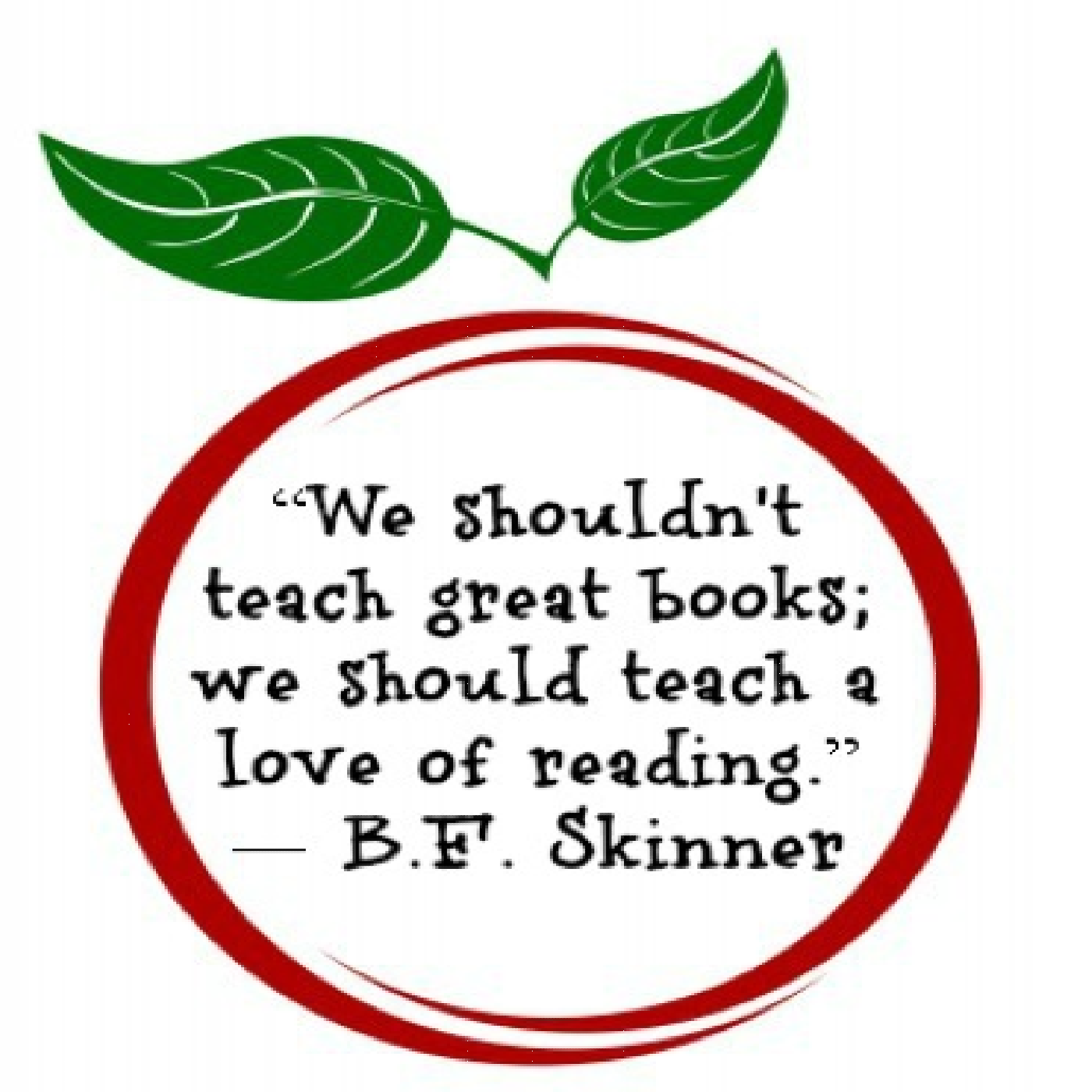
26K
Downloads
304
Episodes
The Chills at Will Podcast is a celebration of the visceral beauty of literature. This beauty will be examined through close reads of phrases and lines and passages from fiction and nonfiction that thrills the reader, so much so that he wants to read again and again to replicate that thrill. Each episode will focus on a different theme, such as "The Power of Flashback," "Understatement," "Cats in the Cradle," and "Chills at Will: Origin Story."
Episodes

Tuesday Jun 20, 2023
Tuesday Jun 20, 2023
Episode 188 Notes and Links to Kavita Das’s Work
On Episode 188 of The Chills at Will Podcast, Pete welcomes Kavita Das, and the two discuss, among other things, her early trajectory towards becoming a writer, formative and transformative writers and writing, how writing her first book and working in social change led her to write Craft and Conscience, and ideas of history, forgotten histories, personal narrative, writing about emotional issues, the power of anthology and writing being in conversation with other writing, writing as political, and ideas of power.
Kavita Das worked in social change for close to fifteen years, addressing issues ranging from community and housing inequities, to public health disparities, to racial injustice. Although Kavita remains committed to social justice issues, she left the social change sector to become a full-time writer and to tell the life story of Grammy-nominated Hindustani singer Lakshmi Shankar through her first book Poignant Song: The Life and Music of Lakshmi Shankar (Harper Collins India, June 2019).
At the root of both her writing and social change work is Kavita’s desire to provoke thought and engender change by recognizing and revealing the true ways in which culture, race, and gender intersect especially when it comes to societal inequities. Kavita has been a regular contributor to NBC News Asian America, Los Angeles Review of Books, and The Rumpus. In addition, her work has been published in WIRED, Poets & Writers, Catapult, LitHub, Tin House, Longreads, Kenyon Review, The Washington Post, The Atlantic, CNN, Guernica, McSweeney’s, Fast Company, Quartz, Colorlines, Romper, and elsewhere. She was nominated for a 2016 Pushcart Prize.
Kavita created the popular “Writing About Social Issues” nonfiction seminar, which inspired her second book, Craft and Conscience: How To Write About Social Issues, and has taught at the New School and Catapult, along with being a frequent guest lecturer. Her essays on social issues have been included in two creative writing textbooks. Kavita received a B.A. in Urban Studies from Bryn Mawr College and a M.B.A. in Marketing from University of North Carolina at Chapel Hill. A native New Yorker, Kavita and her husband, Om try to keep up with their toddler, Daya and Harper, their hound.
Buy Craft and Conscience: How to Write About Social Issues
Review of Craft and Conscience from Hippocampus Magazine
At about 2:55, Kavita shares social media/contact info and places to buy her work, as well as discussing where to connect with her over writing and writing classes
At about 5:25, Kavita discusses her early journeys involving language, reading, imagination, and searching for a diversity of books and characters
At about 8:45, Kavita shares her first impressions upon reading some of the chill-inducing greats, such as James Baldwin, and seeing literature for the first time as personal
At about 9:50, Pete and Kavita highlight her writing about her experience with a cleft palate, and she connects the last chapter to the first chapter and Orwell’s writing, as well as her own rationale in writing as she does and what lessons she has learned through her life that informed
At about 16:40, Kavita reflects on the influences that Bengali and Tamil have had on her and her writing
At about 19:25, Kavita shares an indicative saying from Tamil
At about 21:10, Kavita responds to Pete’s questions about seeds for the book and why she chose to make it an anthology
At about 23:30, Kavita homes in on how her first book influenced Craft and Conscience
At about 27:45, Kavita details writer’s workshops and classes and experiences that helped her solidify her writing and teaching skills and philosophies
At about 30:10, Kavita remembers her learning and early emphasis on honing her writing craft in using her knowledge base in conjunction with what makes compelling reading
At about 33:00, Pete lays out the book’s structure and highlights Mira Jacob’s and Kavita’s Introduction, which leads Kavita to expand upon why the book took the form of anthology
At about 36:20, Pete cites the resonant epigraph from Jericho Brown, and homes in on Chapter One and connections between writing and politics
At about 38:20, Kavita expands on ideas of craft and culture and their connections
At about 39:55, Pete highlights a meaningful quote from Christiane Amanpour-”being truthful and not neutral” and Kavita discusses the “key distinction for [her]” and underlines Kaitlyn Greenidge’s powerful piece in the anthology
At about 42:20, Pete references James Baldwin’s evolving philosophy on his writing topics and what how he chronicled culture
At about 45:55, The two discuss the often-lacking forethought that governs well-meaning writers’ work
At about 51:10, Pete notes the anecdote from the book about Alexander Chee choosing not to write a story, and Kavita muses about his thought process and wishes more writers stepped back a bit before writing a piece/book
At about 53:55, The two discuss objectivity and subjectivity and the connection between readers/writers/subjects-they cite great works by Garnette Cadogan, Jaquira Diaz, and Kavita (writing on Jyoti Singh)
At about 57:40, Kavita recounts a chance meeting with her editor, the legend Roxane Gay
At about 58:55, The two discuss the power of writing-Pete and Kavita fanboy over Cadogan’s work-in inviting empathy; Kavita also cites the powerful “My Body is a Confederate Monument” by Caroline Williams
At about 1:03:45, Pete cites thought-provoking pieces from Dunbar Ortiz and Imani Perry and he and Kavita point to the importance of context and family histories in the pieces;
At about 1:05:30, Kavita underlines the importance of “power” as a common theme in the collection and discusses the culture need and often unwillingness to really engage on tough cultural histories
At about 1:08:20, Kavita keys in on textbooks and education and the ways in which they have sometimes been purposefully lacking in material/insights
At about 1:10:30, Societal change and its connection to uncomfortable writers and writing is discussed
At about 1:13:10, The “how” is discussed-that is, the book’s featuring important craft ideas, including the power of “hybrid” writing that combine data-driven and personal writing
At about 1:16:05, Pete references José Antonio Vargas and Yashica Dutt as someone personally-affected and how they took their
At about 1:19:10, The two discuss Nicole Chung’s thought-inducing piece from the anthology
At about 1:22:10, Pete compliments the piece from the anthology on “tolerance” written by Kavita and she reflects on the word’s shifting meaning for her
At about 1:25:10, Kavita continues to reflect on the implications of power and repressed histories and complicity and exciting new explorations of these issues, including work by Crystal Z. Campbell
At about 1:30:15, The two discuss the book’s present impact and future implications
You can now subscribe to the podcast on Apple Podcasts, and leave me a five-star review. You can also ask for the podcast by name using Alexa, and find the pod on Stitcher, Spotify, and on Amazon Music. Follow me on IG, where I’m @chillsatwillpodcast, or on Twitter, where I’m @chillsatwillpo1. You can watch this and other episodes on YouTube-watch and subscribe to The Chills at Will Podcast Channel. Please subscribe to both my YouTube Channel and my podcast while you’re checking out this episode.
Sign up now for The Chills at Will Podcast Patreon: it can be found at patreon.com/chillsatwillpodcastpeterriehl
Check out the page that describes the benefits of a Patreon membership, including cool swag and bonus episodes. Thanks in advance for supporting my one-man show, my DIY podcast and my extensive reading, research, editing, and promoting to keep this independent podcast pumping out high-quality content!
NEW MERCH! You can browse and buy here: https://www.etsy.com/shop/ChillsatWillPodcast
This is a passion project of mine, a DIY operation, and I’d love for your help in promoting what I’m convinced is a unique and spirited look at an often-ignored art form.
The intro song for The Chills at Will Podcast is “Wind Down” (Instrumental Version), and the other song played on this episode was “Hoops” (Instrumental)” by Matt Weidauer, and both songs are used through ArchesAudio.com.
Please tune in for Episode 189 with Andrés Reséndez. He is a historian at the University of California, Davis, and in 2017, he won the Bancroft Prize in American History and Diplomacy for The Other Slavery: The Uncovered Story of Indian Enslavement in America.
The episode will air on June 27.

No comments yet. Be the first to say something!